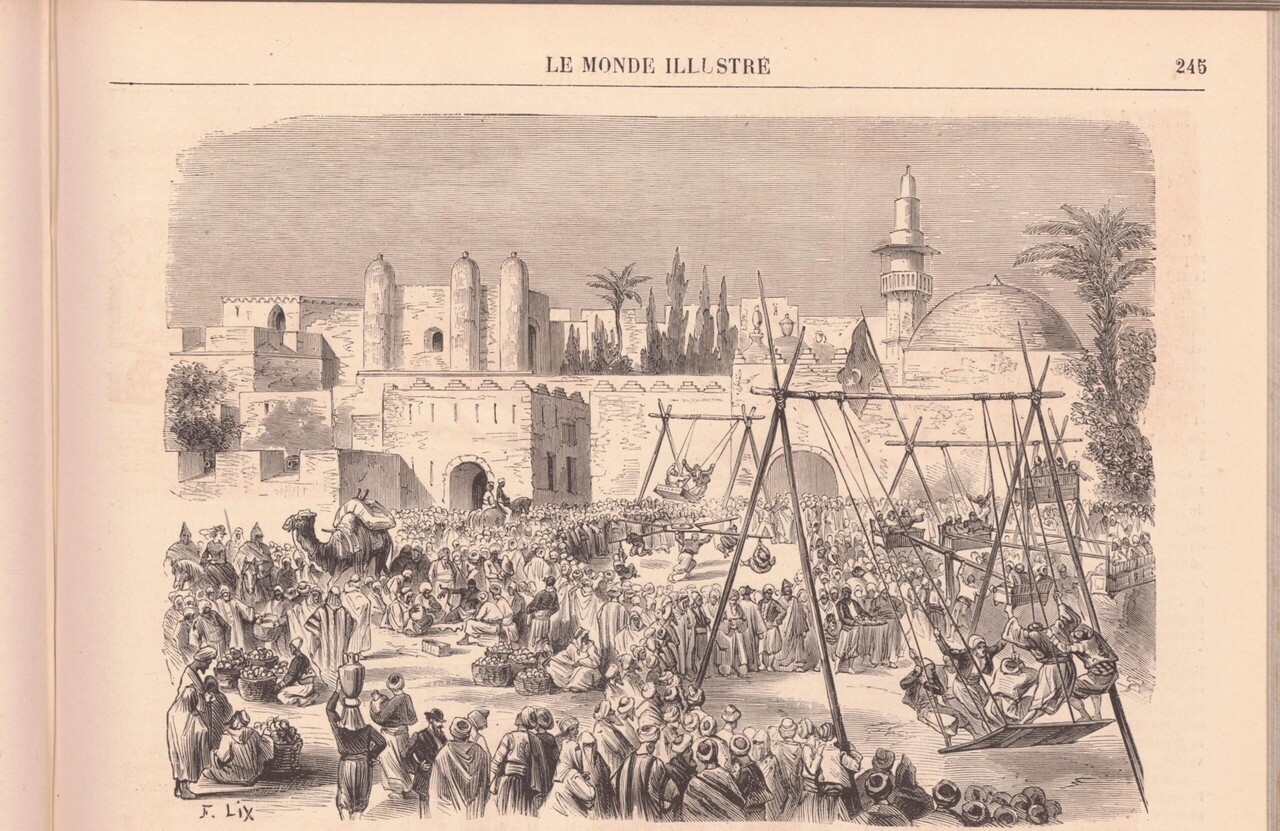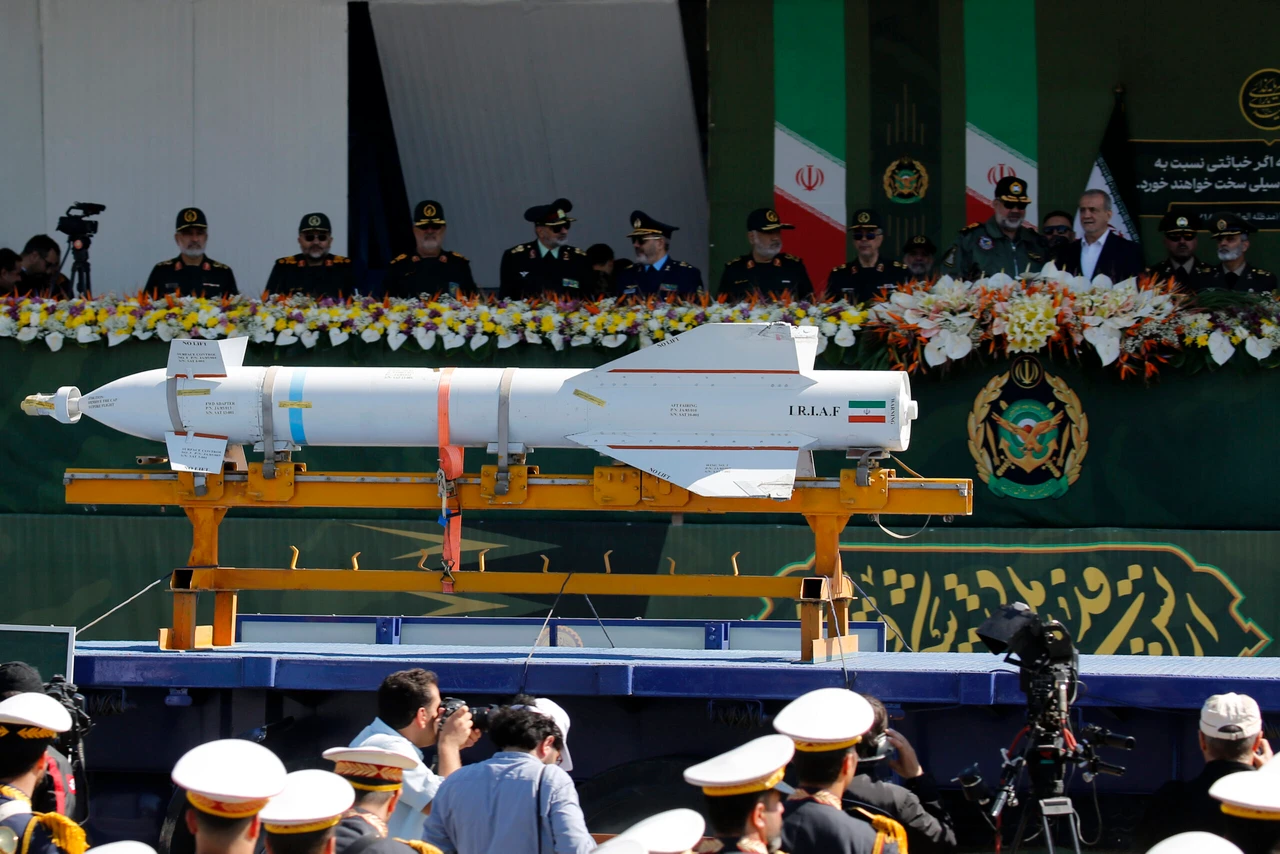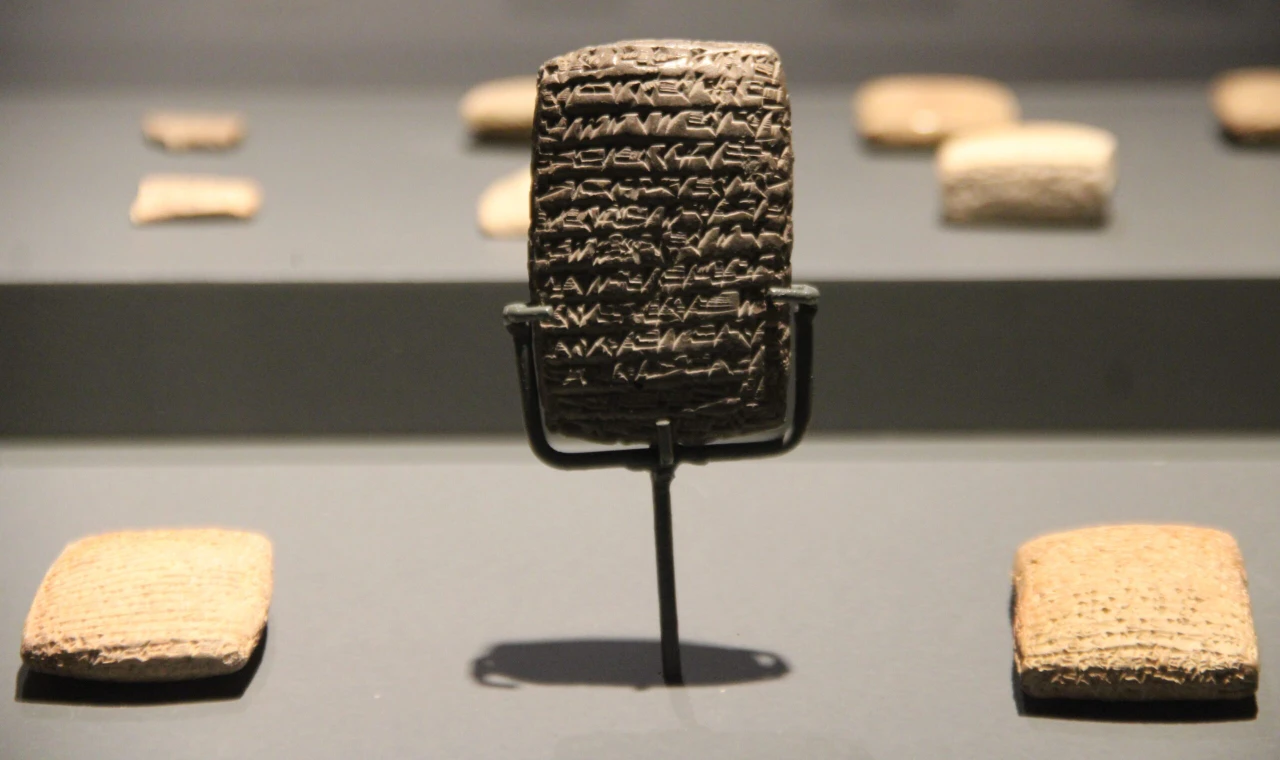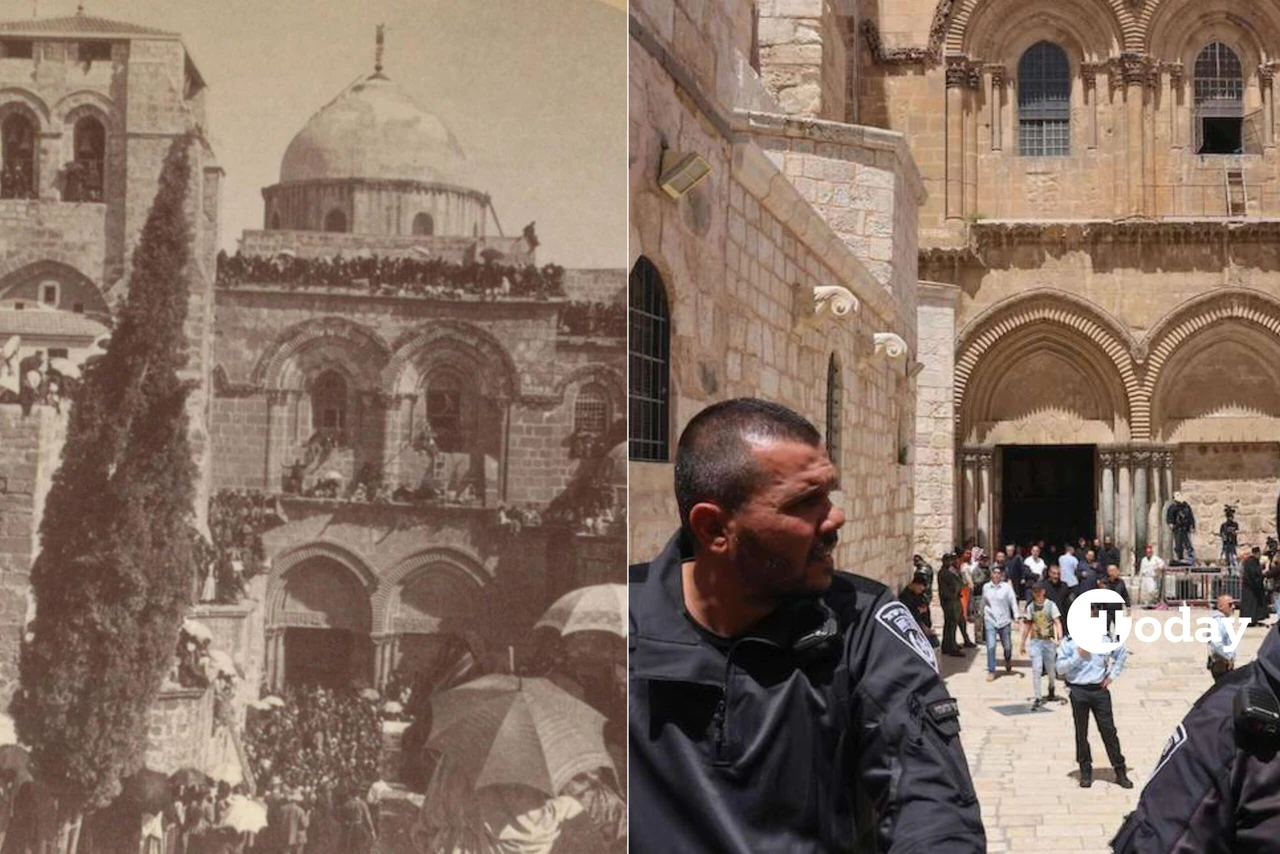Eid celebrations in historical Palestine: From Ottoman peace to present-day conflict
 Eid al-Adha celebrations in Jaffa, Ottoman Palestine (now Tel Aviv), April 16, 1870. (Illustration by Le Monde illustre)
Eid al-Adha celebrations in Jaffa, Ottoman Palestine (now Tel Aviv), April 16, 1870. (Illustration by Le Monde illustre)
In the serene days of Ottoman rule over Palestine’s Jaffa, now part of modern-day Tel Aviv, Israel, Eid al-Adha was a time of joyful gatherings and peaceful festivities. Families came together, streets echoed with laughter, and the air was filled with the scent of celebratory meals.
An illustration dated April 16, 1870, from France’s leading illustrated news magazine Le Monde illustre, had vividly captured the scenes in Jaffa back under Ottoman rule.
In 1515, Jaffa was conquered by the Ottomans. In the three centuries that followed, Ottoman peace and prosperity prevailed in the region, in other terms it was a period of Pax Ottomana as some scholars call it, meaning “Ottoman Peace” which is derived from Pax Romana.
From Ottoman tranquility to everlasting conflicts
However, the tranquility was disrupted over three centuries later on March 7, 1799, when Napoleon Bonaparte seized the town during the Siege of Jaffa. The French military leader’s decision to order the massacre of thousands of Muslim soldiers who had surrendered marked a tragic turn in Jaffa’s history.
Today, the echoes of those peaceful celebrations have all but faded.
Jaffa, once a bastion of festive spirit during Eid al-Adha under Ottoman rule in Palestine, now faces a vastly different reality.
The region, including Gaza, continues to be plagued by ongoing conflicts and unrest, which have cast a long shadow over traditional celebrations and the peaceful spirit that once defined this historic area.



